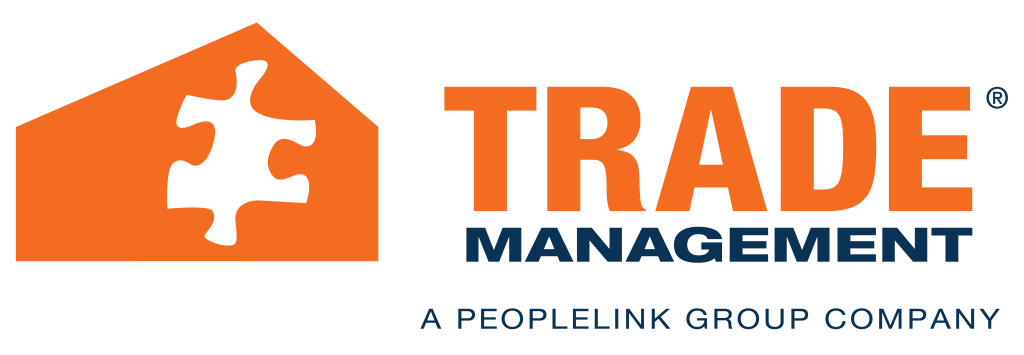Most construction companies are struggling to retain employees during The Great Resignation. According to Hinge Research Institute’s 2022 report Navigating the Mid-Career Talent Crisis, much of these resignation challenges have to do with a culture clash between mid-career employees and the leaders running the company.
The report showed that in 2021, employees between the ages of 30 and 45 were more likely to leave their jobs than other employees. Approximately 30% of employees in this demographic quit their jobs. Thirty-three percent of these employees did not have another job lined up.
Hinge Research Institute’s 2022 report Culture Clash: The Employee Experience Problem and How to Fix It showed that 80% of employees were dissatisfied or on the fence about their workplace culture. Mid-career employees tended to be the most dissatisfied. Conversely, seasoned leadership and owners tended to be most satisfied with their workplace culture. These trends significantly contributed to employee resignation challenges.
Due to a lack of employees to complete onsite work, many construction companies are turning down contracts. Also, many employers are uncertain whether anyone will take over when they retire.
Fortunately, adopting mindset shifts and strategies can overcome this culture clash. Then, companies can reduce their resignation challenges and maintain their competitive edge.
Prioritize the following three mindset shifts and strategies to overcome your construction company’s resignation challenges.
Understand That Your Company Has a Great Deal to Offer Its Workforce
Know that your small or medium construction firm can compete with the more competitive salaries, benefits, and advancement opportunities that large firms offer. The reality is that larger organizations have more resignation challenges than smaller organizations.
Bigger companies have bigger gaps and less communication between management and mid-level employees. As a result, the bigger the company, the bigger the culture clash. Conversely, the smaller the company, the smaller the culture clash. This means smaller organizations can resolve the clash more easily than larger organizations.
Hire Graduates with Technological Skills
Although employees typically want to use the latest technology, most construction companies use older technology. As a result, most employers lack the tech skills to train employees when implementing modern technology.
You can resolve this issue by hiring recent graduates who excel in using technology. These new hires can maximize their skills by training experienced industry professionals to use the technology. In return, these professionals can share their knowledge, skills, and experience with the new hires.
Recruit High School Graduates
Decreasing college enrollment means fewer high school graduates are engaging in post-secondary education. This provides additional opportunities to recruit these graduates into the construction industry.
For instance, point out to recent high school graduates the competitive pay, benefits, and job security the construction industry offers. Also, mention that employers do not require a college degree to enter the field. Additionally, emphasize the ability to land apprenticeships, develop knowledge and skills, and potentially take over a business when the owner retires.
Need Help Adding to Your Team?
Trade Management has the skilled trade professionals needed to complete your construction projects. Get in touch with us today.










